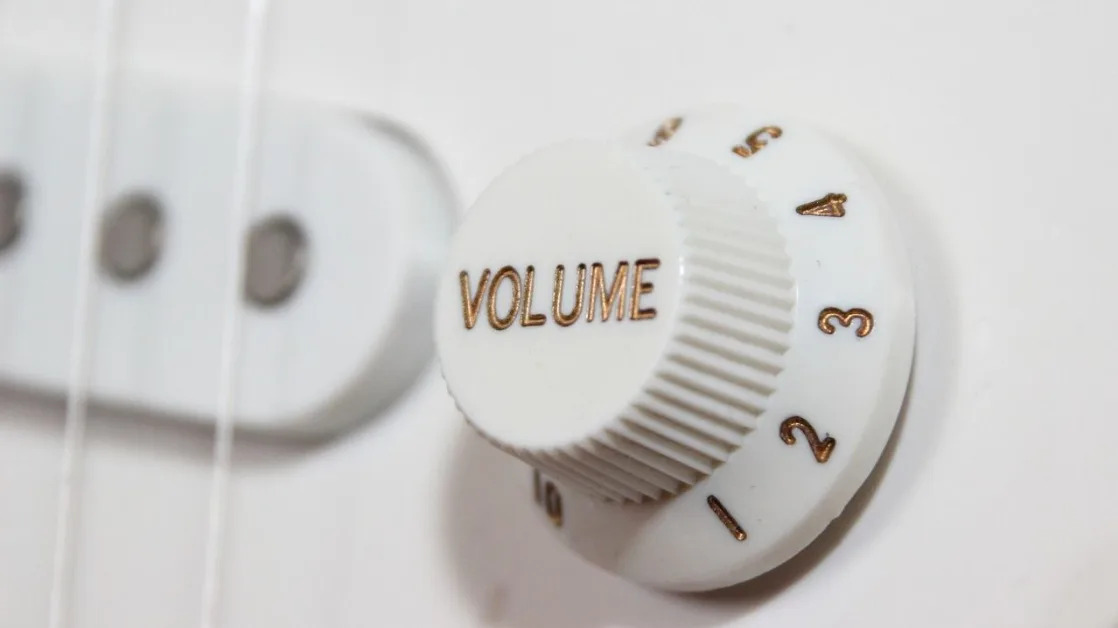The past seven months have been absolutely dreadful for investors in Ethereum (CRYPTO: ETH) . The world's second-most popular cryptocurrency is still down more than 15% from its intra-year high of $4,000 in mid-March, even with the recent post-election crypto rally. Until just a few days ago, it had been unable to regain the $3,000 level.
What was once just a dip has now looks like something much more serious. Thus, it should be no surprise that large institutional investors have been selling their Ethereum positions as we head into 2025. Is the smart money overreacting to a few bad months, or do they know something that we don't?
Start Your Mornings Smarter! Wake up with Breakfast news in your inbox every market day. Sign Up For Free »
New Ethereum ETFs are underperforming
The primary reason for concern is the underwhelming performance of the new spot Ethereum exchange-traded funds (ETFs) , which launched at the end of July. They were supposed to turbocharge Ethereum's performance, much like the launch of the new spot Bitcoin (CRYPTO: BTC) ETFs sent it soaring to a new all-time high in March.
But that hasn't happened. On July 23, the official launch date of the new ETFs, Ethereum was trading at about the $3,500 mark. Today, it's trading for about $3,340, for a slight loss.
As a result, investor inflows into the new Ethereum ETFs have slowed to a trickle . And that includes inflows from hedge fund managers, who were planning to use the new ETFs to gain exposure to Ethereum. While nobody expected the new Ethereum ETFs to bring in more money from investors than the new Bitcoin ETFs, the divergence between the two is eye-opening.
For example, on Oct. 17, the new iShares Bitcoin Trust brought in $309 million from investors. By way of comparison, the iShares Ethereum Trust brought in only $23.5 million on the same day. This is a very small sample size, but it suggests that Bitcoin inflows have the potential to outpace Ethereum's by 10-to-1.
Ethereum usage metrics continue to disappoint
Another reason for concern involves the current state of activity on the Ethereum blockchain. Theoretically, it's a sprawling, diverse, and very vibrant ecosystem that includes a number of important blockchain niches -- like blockchain gaming, non-fungible tokens (NFTs), and decentralized finance (DeFi).

However, as CoinShares pointed out in its Oct. 15 digital asset report, the inconvenient truth is that as much as 90% of all activity is now related to DeFi. So Ethereum might not be nearly as diversified as some people think. The less diversified it is, the less of a premium investors are going to be willing to pay.
Moreover, the lion's share of that DeFi activity appears to be coming from transactions on decentralized cryptocurrency exchanges, where people are vigorously swapping into and out of different crypto tokens. Put another way, digital asset speculation is helping to prop up Ethereum right now, and that's probably not healthy for long-term growth.
Are institutional investors giving up on Ethereum?
All of this is having a very real effect on decision-making by top institutional investors. CoinShares, which tracks institutional investor flows into and out of different digital assets, is now showing that $10 million flowed out of Ethereum in the most recent reporting week. For the month of October, the total figure was $35 million.
All of that money appears to be flowing into Bitcoin right now: CoinShares reported that $204 million flowed into the crypto last month. No other digital coin even comes close. For example, Solana saw $5.6 million in inflows, and XRP $1.3 million. This might be overstating matters, but it looks like institutional investors have all but given up on any cryptocurrency not named Bitcoin.
Ethereum and portfolio diversification
The above paints a pretty grim picture for Ethereum. But there is still a very good reason to invest in it right now: portfolio diversification. In other words, you shouldn't be putting all your crypto eggs in the Bitcoin basket right now. The more diversified your portfolio is, the better the chances that you will be able to weather future market downturns.
Given that Ethereum remains the second-largest cryptocurrency in the world, it's the most important tool for portfolio diversification. Of course, there are options beyond just Ethereum. You could put some of your money into Solana, which has been tagged as a potential so-called Ethereum killer for several years now.
For now, I'm going to hold off on investing in Ethereum until I see signs that ETF inflows are picking up. If top institutional investors are unwilling to put their money into these ETFs, that could be a clear signal that something is just not quite right with Ethereum these days.
Before you buy stock in Ethereum, consider this:





